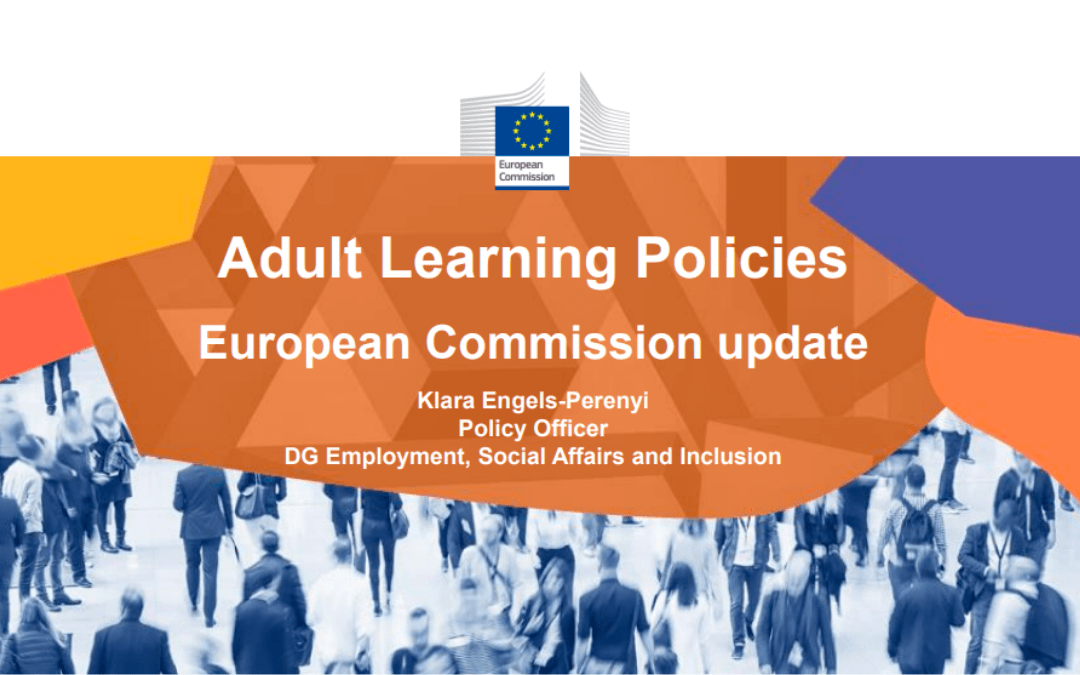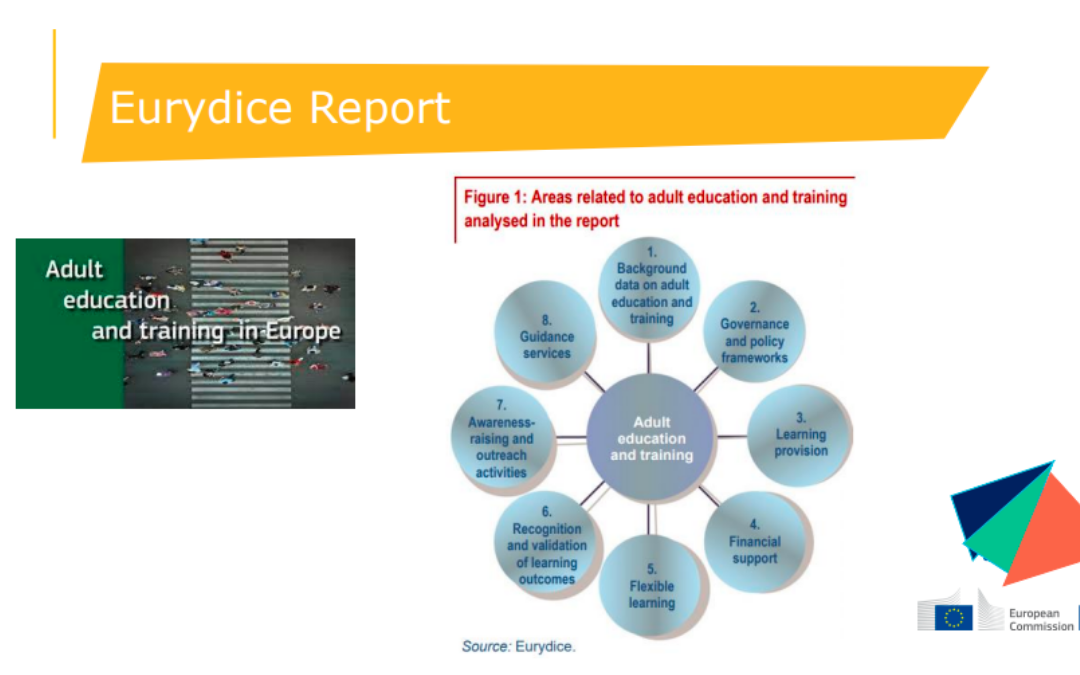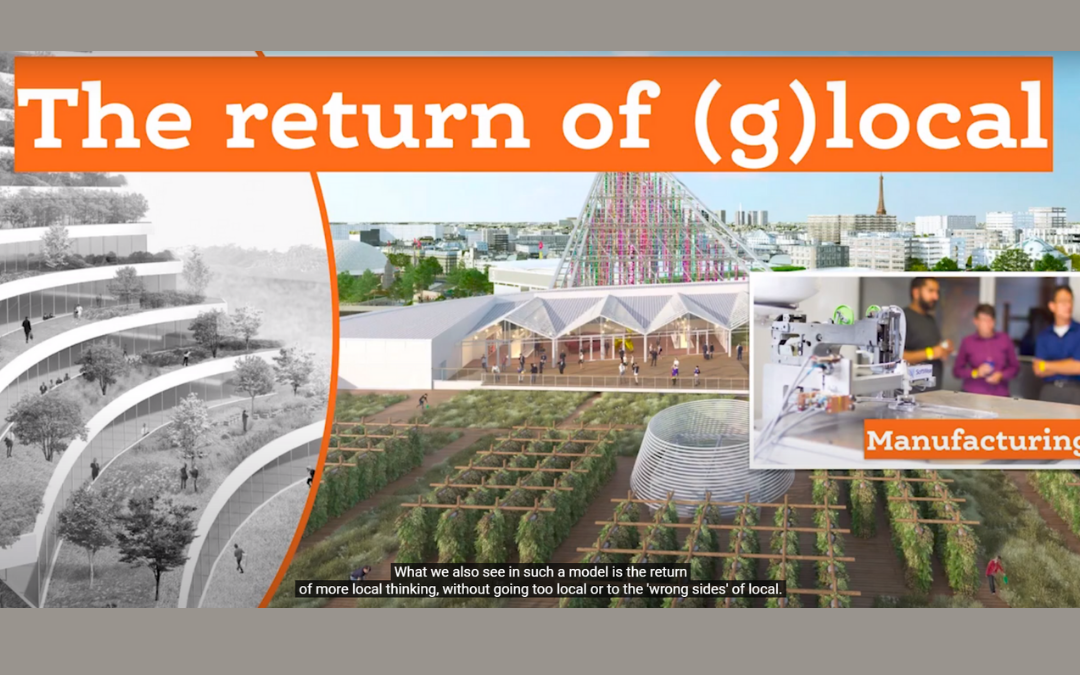We first learned from Klara Engels-Pereny, the new coordinator for the implementation of EAAL at the European Commission, which documents are being prepared at the European level and how they will support our future work. Among them, of course, are the NEAAL, which is being prepared under the Slovenian Presidency of the Council of the EU, and recommendations on micro-credentials and individual learning accounts. Both instruments are based on the European Skills Agenda for sustainable competitiveness, social fairness and resilience (2020), but the Member States have conflicting views on their implementation. In any case, their purpose is to highlight the focus on the participants and provide them with adaptability and flexible learning opportunities.
Some Nordic countries are already very committed to flexibility
For starters, they have a clear look at what a flexible ALE offer really means or could mean. Norwegians, for example, advocate a holistic approach to learners; they adapt their offer of programmes to them based on their starting point and needs. They believe that flexibility includes several dimensions such as time, location and learning content. Although it is essential that technology supports education (online, open, digital, e-learning, etc.), the content is more important to them. Finns are again reforming part of their education system. They wish to facilitate preparatory forms of learning, which later enable adults with low skills to transition to secondary education. A feature of these so-called TUVA educational programmes is that they include general, liberal content.
Others implement new, flexible approaches as part of the EAAL project
In Latvia, these efforts are a part of implementing the Council Recommendation on Upskilling Pathways: New Opportunities for Adults. They are establishing a system, quality criteria, guidelines for effective management and design training, forms of awareness-raising and other exciting activities. In this way, they want to provide adults with opportunities to acquire life skills, and in doing so, they are cooperating with Estonia and Finland.
The same efforts are taking place in Greece, where, under the auspices of the EaSI BASIC project, they have established a partnership with the Employment Service, the Institute for Small and Medium-sized Enterprises and some employers in order to carry out the steps of the Upskilling Pathways as harmoniously as possible.
We were impressed by the videos created as part of the Flanders EAAL project:
- Jo Caudron: A story of transformation in education for 2020-2030
- Bart Boelen: Is school still cool in a digital era?
As our moderator Hanne promised, she published a report on the PLA on the topic of flexible adult learning offer on EPALE, which is available here.
Zvonka Pangerc Pahernik, MSc (zvonka.pangerc@acs.si), SIAE




